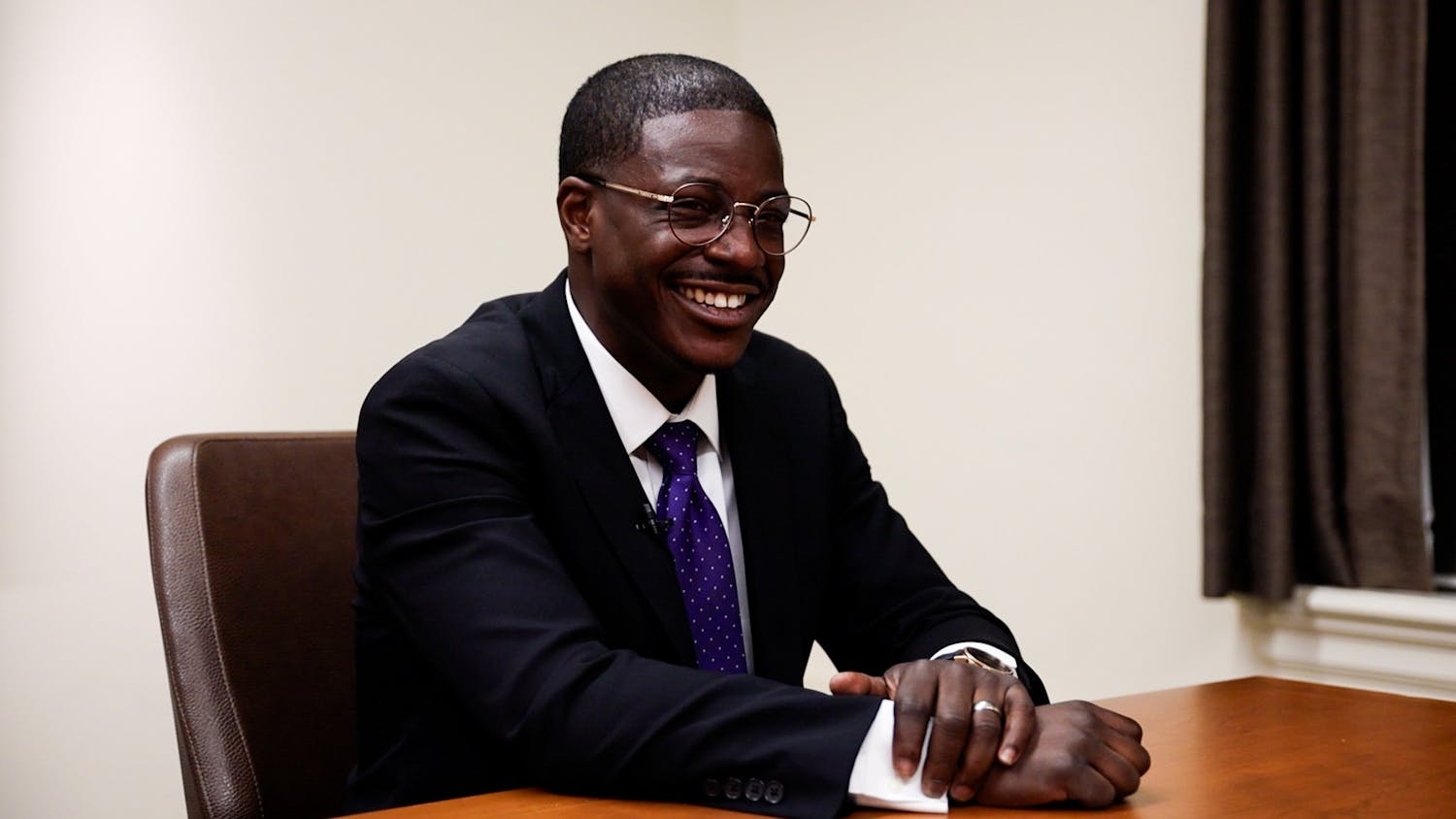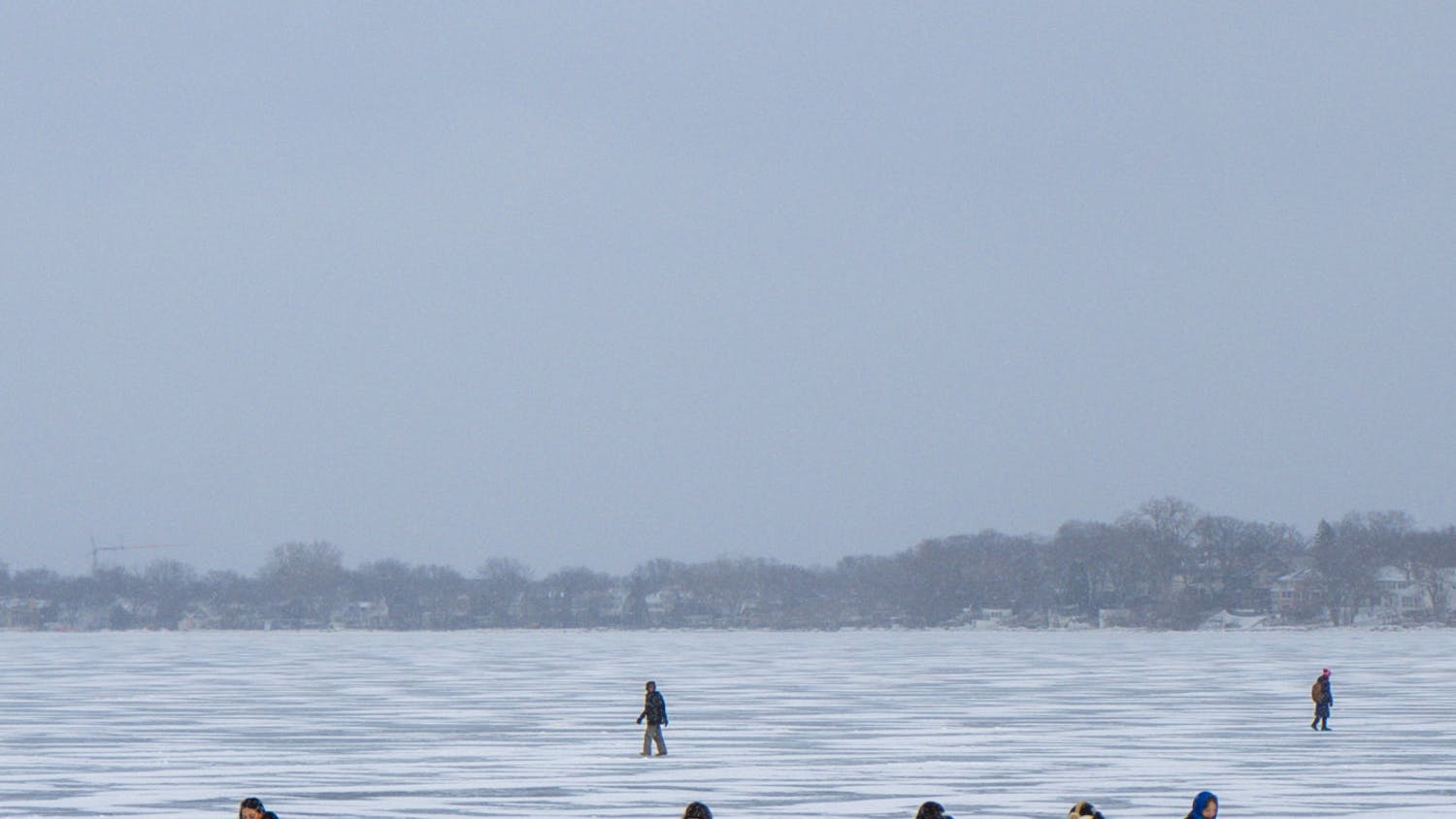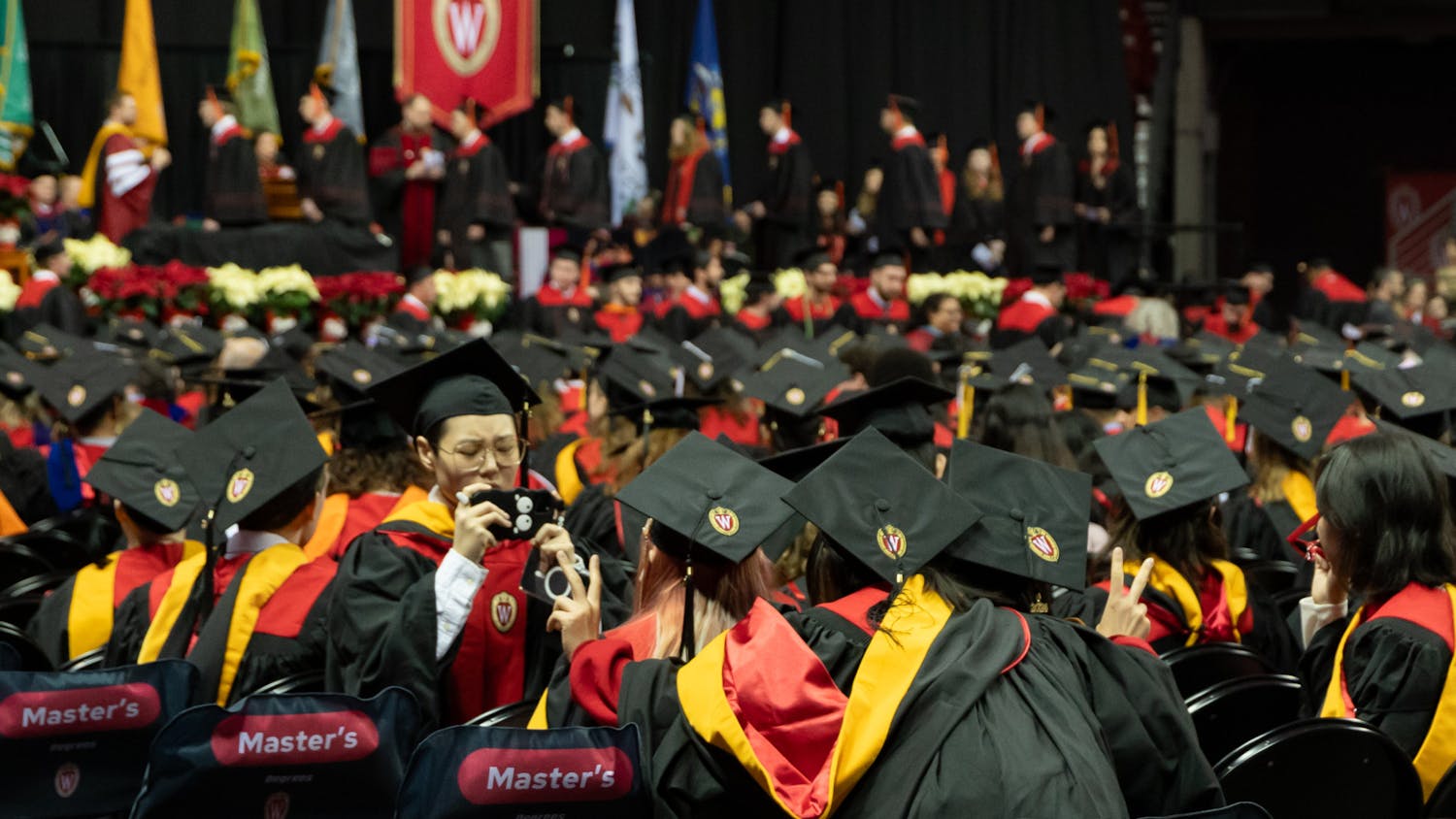Older generations often predict that today's youth will be the catalyst for the world's downfall. This rhetoric is nothing new. Since the beginning of time, adults have lamented that youth are spoiled, idle and lack basic values. However, sometimes one wonders if all this criticism thrown at our generation is actually founded in reality.
Today's youth have more material possessions than any previous group of young people. Technology like iPods and the Internet have isolated us and lessened our human contact, and the constant barrage of the media has created our need for constant stimulation.
Studies have even proven that we have been desensitized to violence because of video games, we go to excess with our binge drinking and we are more narcissistic than any previous generation.
With all this evidence against us, it is possible to see how some believe we will ruin the world. I have to admit that I too often take a cynical view of our age group. It often seems that we have misplaced priorities and prefer partying over attempting to reshape our world into one we would be proud to live in.
In fact, I have a rather cynical view of the human race in general—after all, I wouldn't be an opinion columnist if I thought people were doing a fine job of running the world. It is hard for me to look past such societal tragedies as war, child abuse or homophobia and not get down about the human race.
However, sometimes the worst of human actions can actually give hope to cynics like me. When a tragedy occurs on the scale that it did last week at Virginia Tech, it is easy to see how even optimists could get down on humanity.
When a young man goes on a killing spree purely for his own pleasure, it is hard to have faith in humanity. However, this man's actions only serve as a strong contrast to the basic decency and selflessness displayed by the rest of the students of Virginia Tech. The worst in one person made the best in others shine all the brighter.
All last week, the news featured Virginia Tech students attesting to the noble acts of themselves and others. They told of students barricading doors, running to warn classes of the shootings and a resident advisor giving his life to protect one of his residents. Their actions prove that when faced with horrific danger, their instinct wasn't merely self-preservation, but to protect and defend their fellow students.
Moreover, when speaking of their actions, they did so with eloquence and humility, despite being bombarded by the media after experiencing the most horrific, traumatic event of their lives.
Sophomore Derek O'Dell was in German class when Cho Seung-hui entered the room and opened fire. On seeing Seung-hui, O'Dell eloquently said, ""You can look in people's eyes and you can see life, their stories. But his—just emptiness.""
The basic decency and self-command these students showed is admirable. However, I am convinced their behavior is not an anomaly—were a similar situation to happen at UW-Madison, I know our students would act in the exact same way.
This basic concern for others is what has threaded humanity together throughout history. This foundation of goodness the Virginia Tech students displayed is what has preserved the world despite wars, genocide and oppression.
This man wanted his actions to spark chaos, heartbreak and pessimism. We cannot give him that power. Instead, we should focus on the hope that the Virginia Tech students have given to the world.
If these students are any indication of the rest of our generation, cynics like me can take hope that everything will turn out OK.





